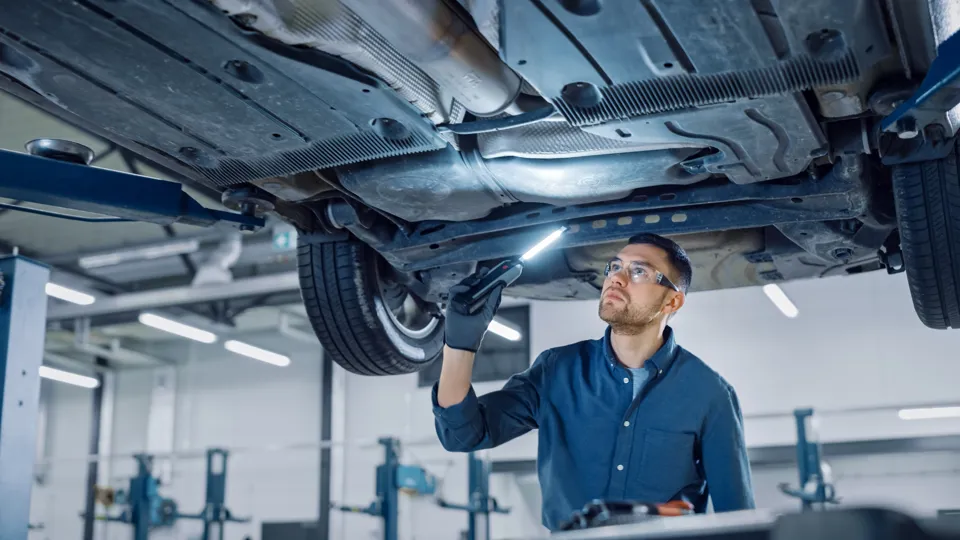The MOT testing regime will not change after the Government concluded a consultation into the issue.
It had launched its consultation in January last year to ensure roadworthiness checks continue to balance the cost to motorists, road safety, advances in vehicle technology and tackling vehicle emissions.
Proposals included changing the frequency of the vehicle safety test and improving the monitoring or emissions, with the Government saying the pushing requirement for the first MOT back from three to four years would save money.
However, it has today announced there will be no changes, meaning the first MOT will still be taken three years after a new car, van or motorcycle is registered, with subsequent tests every year after that.
The decision has been welcomed by industry figures.
Simon Williams, head of policy at RAC, said: “It’s great news the madcap idea of changing the MOT from every year to every two has finally been consigned to the bin.
“This would have seriously compromised road safety and ended up costing drivers more money rather than less as it was supposed to do, due to dangerous issues going undetected and getting progressively worse.
“This is why the idea was so widely unpopular with the motoring public in our research.”
Graham Stapleton, chief executive of Halfords, said: “The decision to not make changes to the frequency of MOTs is a victory for road safety.
“The proposed changes would have cost lives. As it is, we are seeing more and more vehicles come into our garages at MOT with tyres that are below the legal minimum tread.
“Far from rowing back on road safety we should be doing all we can to encourage and enable motorists to keep their vehicles in a roadworthy condition.”
The Government also announced it will continue to work with industry stakeholders and drivers to establish a programme of longer-term reform for MOTs to reflect the constantly improving technology of modern day cars and electric vehicles.
This includes exploring a more effective test for diesel particulate emissions, whether further improvements could be made to the MOT for EVs and the transfer of some larger zero-emissions vans to more standard, car-style MOT testing.
Neil Barlow, head of vehicle policy at DVSA, said: “Ensuring the MOT remains fit for the future is a key part of DVSA’s work and getting ready for new technology will help keep Britain’s roads safe.
“We hope this positive news will provide some certainty for garages to enable the investment in new technologies that could be needed to keep the MOT at the forefront of road safety and the environment.”
Dft will also monitor technological developments that could require an altered MOT, such as advanced driver assistance systems.





















Login to comment
Comments
No comments have been made yet.